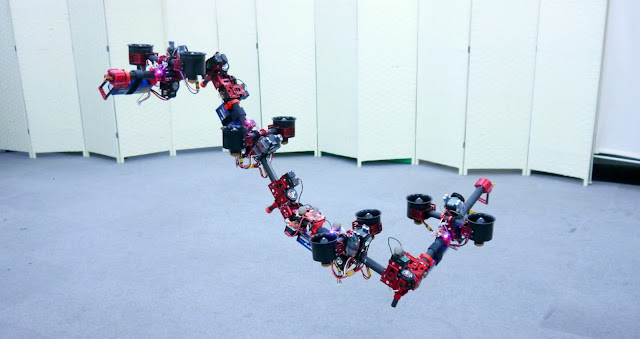Exploring the Tech Behind Toyota's Promised Quick-Charging, Long-Range EVs
Introduction
The worldwide automotive industry is developing sustainable and effective electric vehicles (EVs) to be a part of the EV revolution. Toyota, one of
the pioneers of hybridization of technology with models like the Prius, has
been steadily investing in electric mobility. One of Toyota's most promising endeavors
is the development of quick-charging, long-range EVs. In this blog post, we'll
explore the technology behind Toyota's commitment to delivering electric
vehicles that can transform the way we travel.
The
Quest for Quick Charging
One
of the most significant challenges for widespread EV acceptance is charging
architecture. People are familiar with the convenience of refueling at gas
stations, and the charging experience should be similarly flawless. Toyota aims
to address this challenge by concentrating on quick-charging technology.
1.
Solid-State Batteries: Toyota has been diligently researching and developing solid-state
batteries, which have the prospect of transforming EVs. These batteries promise
quick charging times and longer ranges compared to traditional lithium-ion
batteries. Solid-state batteries use solid electrolytes rather than liquid
ones, making them safer and more effective.
2.
Extreme Fast Charging (XFC): Toyota is working on an XFC system that can charge
an EV in just many minutes. This system relies on high-yield power control
technology and a unique cooling system to maintain battery temperature during
fast charging. Achieving quick charging without damaging the battery is a vital
focus for Toyota.
3.
Charging Infrastructure: Toyota is working with various ventures to expand the
charging architecture. This includes investments in hydrogen fuel cell
technology, which can support traditional EV charging by delivering quick
refueling options.
The
Pursuit of Long Range
While
quick charging is pivotal, a long driving range is inversely important for EVs
to be practical for day-to-day use and long travels. This is how Toyota is
addressing this aspect
1.
Advanced Battery Chemistry: Toyota is constantly researching and developing
advanced battery chemistry to increase the energy consistency of its batteries.
This allows for additional energy storage in the same physical space,
responding in longer driving ranges.
2.
Efficiency Improvements: Toyota's proficiency in hybrid technology has given
them a perception of making electric power trains more effective. By reducing
energy wastage and enhancing regenerative braking systems, they can maximize
the driving range of their EVs.
3.
Aerodynamics and Lightweight Materials: Toyota is concentrating on design
principles that enhance aerodynamics and using featherlight materials in their
EVs. This reduces energy consumption, allowing for longer ranges on a single
charge.
A
Sustainable Future
Toyota is committed to sustainability beyond just the vehicle itself. They're making strides in environmentally friendly manufacturing processes, recycling, and decreasing their carbon footprint.
1.
Carbon-Neutral Manufacturing: Toyota is investing in carbon-neutral
manufacturing processes, involving utilizing renewable energy sources for
production.
2.
Battery Recycling: As EV acceptance grows, so does the need for responsible
battery recycling. Toyota is evolving systems to refurbish, recycle, and reuse
batteries, minimizing their environmental impact.
3.
Hydrogen-Powered Solutions: Toyota is a leader in hydrogen fuel cell
technology. They're exploring its prospect for heavy-duty transport, offering
another sustainable option for the future.
Conclusion
Toyota's
commitment to developing quick-charging, long-range EVs demonstrates its
commitment to staying at the front line of automotive technology. They concentrate on solid-state batteries, quick charging, advanced battery chemistry, and sustainability, making them a key player in the EV market. Toyota is making progress in creating electric vehicles that are efficient, environmentally friendly, and useful. It's an inciting
time for the future of transportation, and Toyota is driving us forward.



Comments
Post a Comment